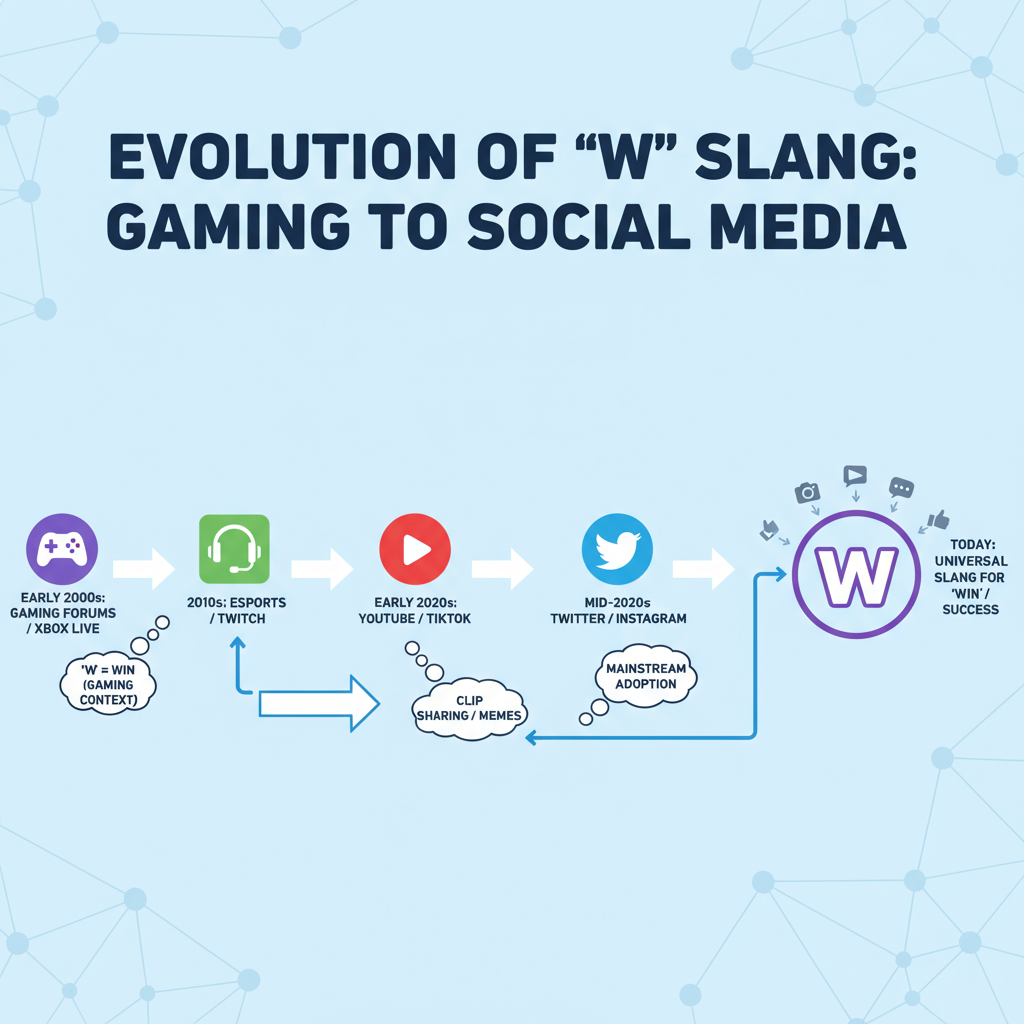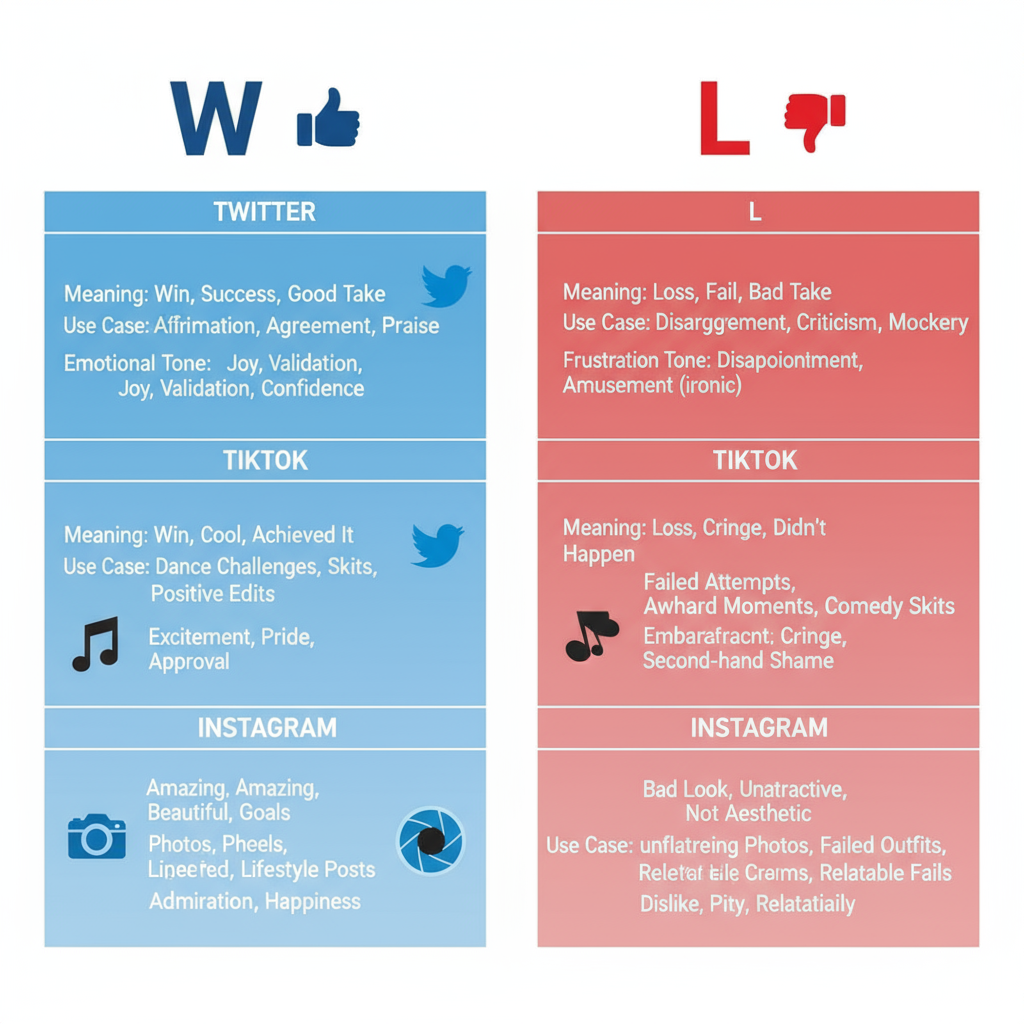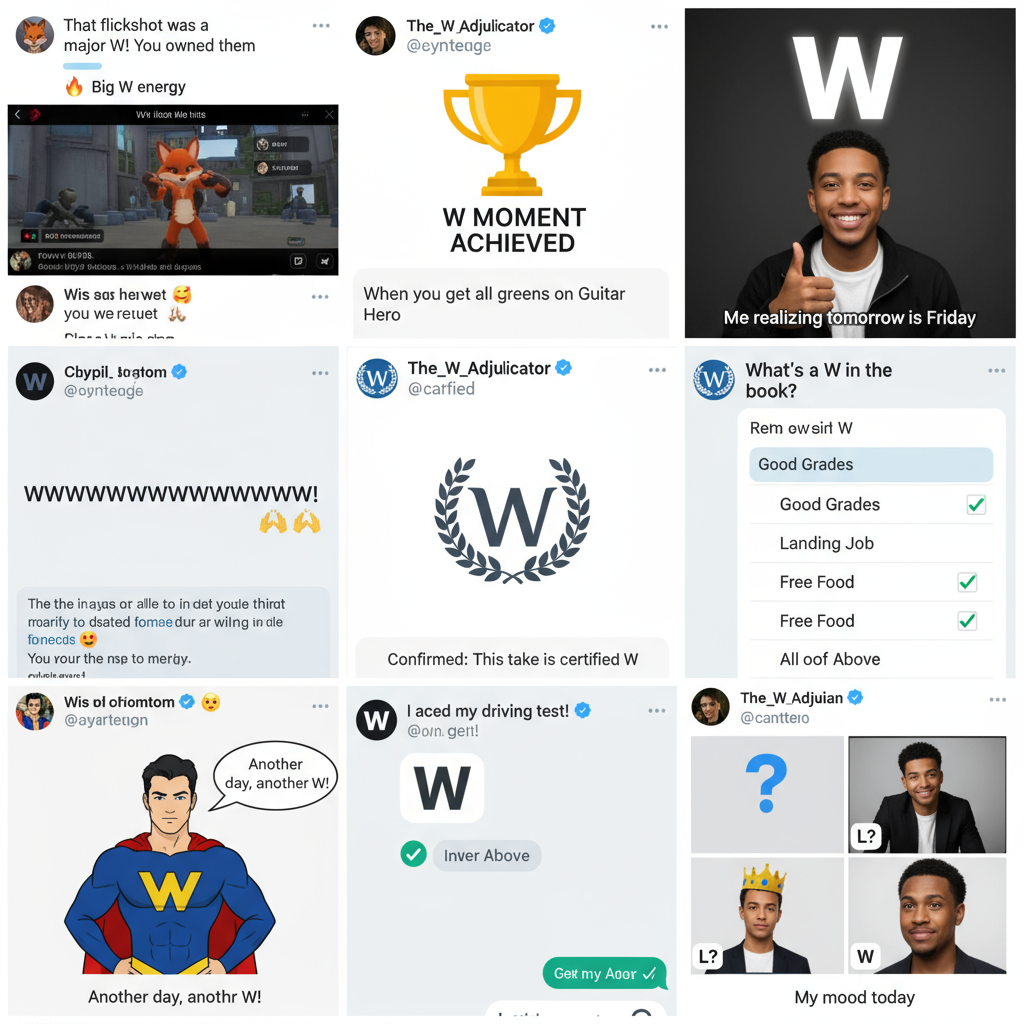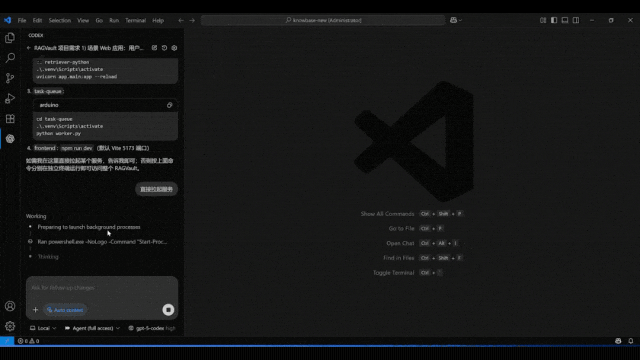W Meaning in Social Media and How to Use It Online
Learn what "W" means in social media, its origins, uses across platforms like TikTok and Twitter, and how it fits into meme and reaction culture.

Introduction to Slang Evolution in Social Media
Social media slang evolves rapidly, reflecting the fast-changing dynamics of online communication. Platforms like Twitter (X), TikTok, Instagram, Discord, and others have fostered a global culture of abbreviated text, emojis, hashtags, and even single-letter expressions. Among these, the “W meaning in social media” has emerged as both a linguistic shortcut and a cultural signal. It condenses expressions of celebration, agreement, and admiration into one simple character.
Whether in viral TikTok comments, trending Twitter threads, or live-stream chatrooms, users employ “W” to convey victory, positivity, or endorsement instantly. For individuals, creators, and brands aiming to connect effectively in digital spaces, understanding what “W” represents — and how it’s used — can be an invaluable social tool.

---
Origins of the Term "W" in Online Communities
The use of the letter “W” as slang is rooted in sports culture, where it simply stands for win. Its counterpart, “L,” stands for loss. This shorthand appeared in scoreboards and athletic commentary long before the internet era. However, its leap into digital slang began in the early 2000s, reinforced by rap lyrics and gamer lingo.
Video game culture, especially with the growth of Twitch and YouTube Gaming, propelled “W” into mainstream online use. In chatrooms, typing “W” became a staple way for viewers to cheer on a player’s triumph. Competitive games like Fortnite, League of Legends, and Call of Duty further embedded the term into community vocabulary.
---
Common Interpretations of "W" Across Platforms
Though “win” remains the core interpretation, “W” now carries a variety of nuanced positive meanings:
- Win – Celebrating an individual or group success.
- Worthy – Signifying merit, importance, or admiration.
- Well done – Praising an outstanding act.
- Wholesome – Acknowledging heartwarming or uplifting content.
The specific connotation can vary depending on the platform, the audience, and the context.
---
Examples of "W" Usage on Twitter, TikTok, Instagram, and More
On Twitter (X), “W” often responds to announcements or actions met with public approval — from philanthropic gestures to sharp comebacks. Replies like “Big W” or “Huge W” are common.
On TikTok, “W” fills comment threads under trending videos. Creators and viewers may amplify it with qualifiers like “massive W” or combine it with emojis (🏆) to heighten the effect.
On Instagram, the symbol often appears in story replies, celebratory post comments, or in support of creative achievements.
---
Example Snippets
Twitter: "Just landed my dream job! 🥳"
Reply: "Huge W!"
TikTok: [Video of paying for a stranger’s groceries]
Comment: "W human 🏆"
Instagram: [Photo at a book signing event]
Comment: "Big W for the hometown author!"---
How "W" is Used in Memes and Reaction Culture
Memes have expanded the flexibility of “W” far beyond its sports roots. It can be used both sincerely and with satire.
- Earnest usage: Captioning a celebratory team image with “W.”
- Ironic usage: Labeling a trivial personal milestone as a “W” to create humor.
Meme formats often juxtapose “W” and “L” visually for comedic contrast — changing sizes, adding filters, or pairing them with absurd imagery.

---
Differences Between "W" and "L" in Digital Conversations
If “W” conveys a win, “L” signals the opposite — a loss, mistake, or defeat. Together, they form a shorthand binary in online discourse.
| Term | Meaning | Typical Usage | Emotional Tone |
|---|---|---|---|
| W | Win, worthy, positive outcome | Celebrating success | Supportive, congratulatory |
| L | Loss, mistake, failure | Highlighting mistakes or failures | Critical, mocking |
Sometimes, comment sections alternate between “W” and “L” responses, showcasing a split audience reaction.
---
Positive Connotations and Community Bonding Through "W"
The use of “W” fosters digital camaraderie by signaling solidarity, shared enthusiasm, and group celebration.
- Inclusivity: Brings users together around a common win.
- Encouragement: Offers fast, concise support.
- Viral engagement: Amplifies post visibility through high interaction.
In live-streams, a surge of “W” comments can create a tangible atmosphere of excitement, turning viewing into a real-time communal experience.
---
Contexts Where "W" May Be Misunderstood or Ironic
Tone and familiarity with online culture heavily influence how “W” is interpreted. In certain situations:
- Irony: Calling a small or unusual action a “W” to mock or entertain.
- Cultural gaps: Audiences unfamiliar with the English term “win” may not grasp the intended meaning.
- Sarcasm pitfalls: Newcomers can misread sarcastic “W” use as genuine praise, potentially leading to confusion.
---
Implications for Brand Communication and Marketing Tone
For brands, using slang like “W” can energize messaging and resonate with younger demographics — but only when authentic.
- Know the audience: Gauge whether “W” aligns with their language.
- Stay on brand: Match slang adoption with brand voice.
- Be timely: Avoid outdated usages or forced trend-chasing.
The most successful integrations tie “W” to actual wins — for the brand or its audience — ensuring the reference feels natural.

---
Tips for Using Slang Like "W" While Maintaining Authenticity
- Observe community norms
- Learn appropriate scenarios before using “W.”
- Pair with supporting media
- Emojis, GIFs, and memes can intensify its effect.
- Use selectively
- Reserve for standout achievements or moments.
- Adapt for mixed audiences
- Provide additional context where slang might be lost.
---
Conclusion: Adapting to Evolving Internet Language Trends
The w meaning in social media has grown from a simple nod to victory into a powerful symbol of support, solidarity, and even humorous subversion. In today’s fast-moving digital conversations, well-placed slang can help individuals, influencers, and brands build rapport, strengthen their message, and join in community celebration.
To remain relevant, it’s important to keep pace with evolving online language, participate authentically, and deploy terms like “W” in contextually appropriate ways. By mastering when and how to drop a timely “W,” you can turn everyday engagement into a shared win for your audience.
---
Want to deepen your understanding of online trends? Keep exploring emerging slang, meme culture, and platform-specific language to stay ahead in the conversation.



